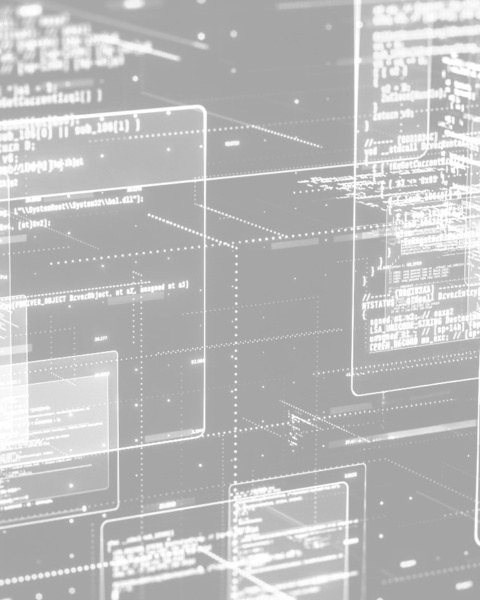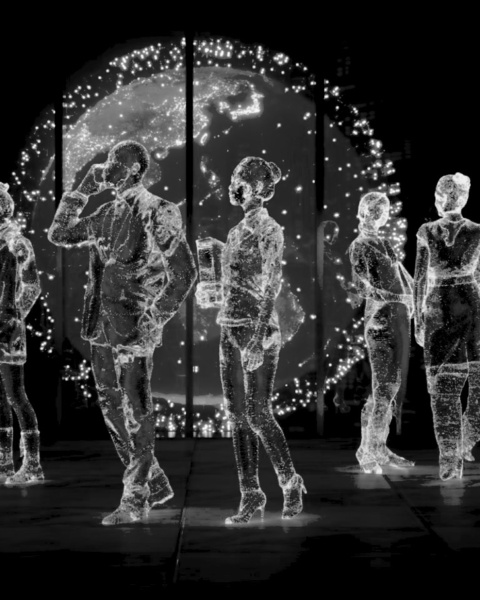As artificial intelligence (AI) continues to make waves across various industries, one of the most significant areas affected is software development. With tools like GitHub Copilot and OpenAI Codex now capable of generating code autonomously, the question arises: what are the economic implications of AI-generated code? Will AI displace jobs in the software development industry, or will it transform the workforce and create new opportunities? This article explores both sides of the debate, examining the potential job displacement versus the opportunities for skill transformation, while also incorporating perspectives from economists, tech leaders, and educational institutions on how the workforce is adapting to AI in coding.
Job Displacement Concerns: Is AI Replacing Developers?
The fear that AI could replace human workers is not new. For years, similar concerns have been raised in industries ranging from manufacturing to customer service. In software development, the rise of AI-powered code generation tools has fueled the notion that developers may soon become obsolete. Tools like GitHub Copilot, which can write entire blocks of code autonomously, suggest that the need for human developers in certain areas may diminish.
In particular, AI’s ability to automate repetitive and low-level tasks—such as bug fixing, code formatting, or even generating boilerplate code—has led some to speculate that the role of the developer will become redundant. If AI can handle such tasks with speed and accuracy, companies may reduce their reliance on human developers for these aspects of coding.
Additionally, the ability of AI tools to learn from vast amounts of code and data suggests that they could eventually handle more complex programming tasks. This raises the question of whether developers who specialize in these complex areas will see their roles diminished as well.
Skill Transformation: The Human Developer’s Evolving Role
While concerns about job displacement are valid, many experts argue that AI will not replace developers but instead transform the nature of their work. Rather than taking over the entire development process, AI tools are more likely to augment human capabilities by automating time-consuming tasks, freeing up developers to focus on more strategic, creative, and high-level work.
Economists and tech leaders agree that AI will lead to a shift in the skills required from developers. In the future, developers may not need to be as proficient in writing every line of code, but they will need to possess strong problem-solving abilities, creativity, and a deep understanding of AI tools and their integration into software development. Developers will focus more on designing systems, managing AI workflows, and ensuring that AI-generated code aligns with business requirements and organizational standards.
This shift toward higher-level skills is already occurring in the workforce. Many developers are now being encouraged to learn how to work with AI tools and manage AI-driven development workflows. This is reflected in the growing demand for AI-focused educational programs and certifications, which are helping developers adapt to the changing landscape.
Opportunities for Skill Development and New Roles
AI in software development may not only transform existing roles but also create entirely new ones. As AI becomes more integrated into the development process, new roles will emerge that focus on managing, training, and fine-tuning AI models used in coding. For instance, “AI trainers” may be needed to help teach AI systems how to write code for specific applications, ensuring that the AI is capable of learning from domain-specific data and adapting to industry needs.
Moreover, as AI tools become more complex, there will be a demand for developers who specialize in AI ethics, transparency, and accountability. These roles will be critical in ensuring that AI systems are fair, unbiased, and used responsibly in software development.
Additionally, the growing use of AI in coding could spur demand for developers skilled in interdisciplinary areas like machine learning, data science, and AI-powered system design. Developers will increasingly need to bridge the gap between traditional software engineering and the emerging AI-driven development methodologies.
Perspectives from Economists: A Growing Demand for New Skills
Economists are divided on the impact of AI on job displacement. Some believe that AI will lead to a net loss of jobs in the software development sector, especially in roles that involve repetitive, low-skill tasks. According to a report from the World Economic Forum, automation technologies, including AI, are expected to eliminate millions of jobs globally, but they will also create millions of new roles.
However, other economists argue that the shift toward AI will result in a net gain of jobs—provided that workers are able to adapt to the changing landscape. By equipping workers with new skills, educational institutions, government programs, and companies can help ensure that the transition is smooth and that workers can fill the new roles created by AI technologies.
In fact, many tech leaders emphasize that the key to avoiding mass job displacement lies in investing in reskilling and upskilling initiatives. Tech giants like Microsoft and Google have launched initiatives to help developers and other tech professionals learn how to leverage AI in their work. These initiatives focus on providing training in areas such as AI ethics, machine learning, and managing AI-driven projects.
Educational Institutions and the Future Workforce
Educational institutions are responding to the growing need for AI literacy in the workforce by offering more specialized programs. Many universities are now offering degrees and certifications in AI, machine learning, and data science to help students gain the knowledge and skills needed to thrive in a future shaped by AI.
In addition, companies are partnering with educational institutions to offer targeted training programs for their employees, ensuring that the workforce remains adaptable to technological advancements. These programs focus on teaching developers how to integrate AI tools into their workflows, work alongside AI-powered systems, and apply AI technologies to new business challenges.
Conclusion: AI and the Future of Software Development Jobs
The economic impact of AI-generated code is complex, with both concerns about job displacement and optimism about the creation of new roles. While certain aspects of coding may become automated, leading to a shift in the skill sets required for developers, AI is also opening the door to new opportunities for those willing to adapt. The future of software development lies not in replacing developers but in transforming their roles, enabling them to focus on more innovative, high-level tasks and take on new responsibilities in managing and integrating AI technologies.
Ultimately, the key to thriving in an AI-powered world will be the ability to adapt to change. By investing in education, reskilling, and upskilling programs, both the tech industry and educational institutions can help ensure that developers are well-equipped to navigate the evolving landscape of AI in software development.




